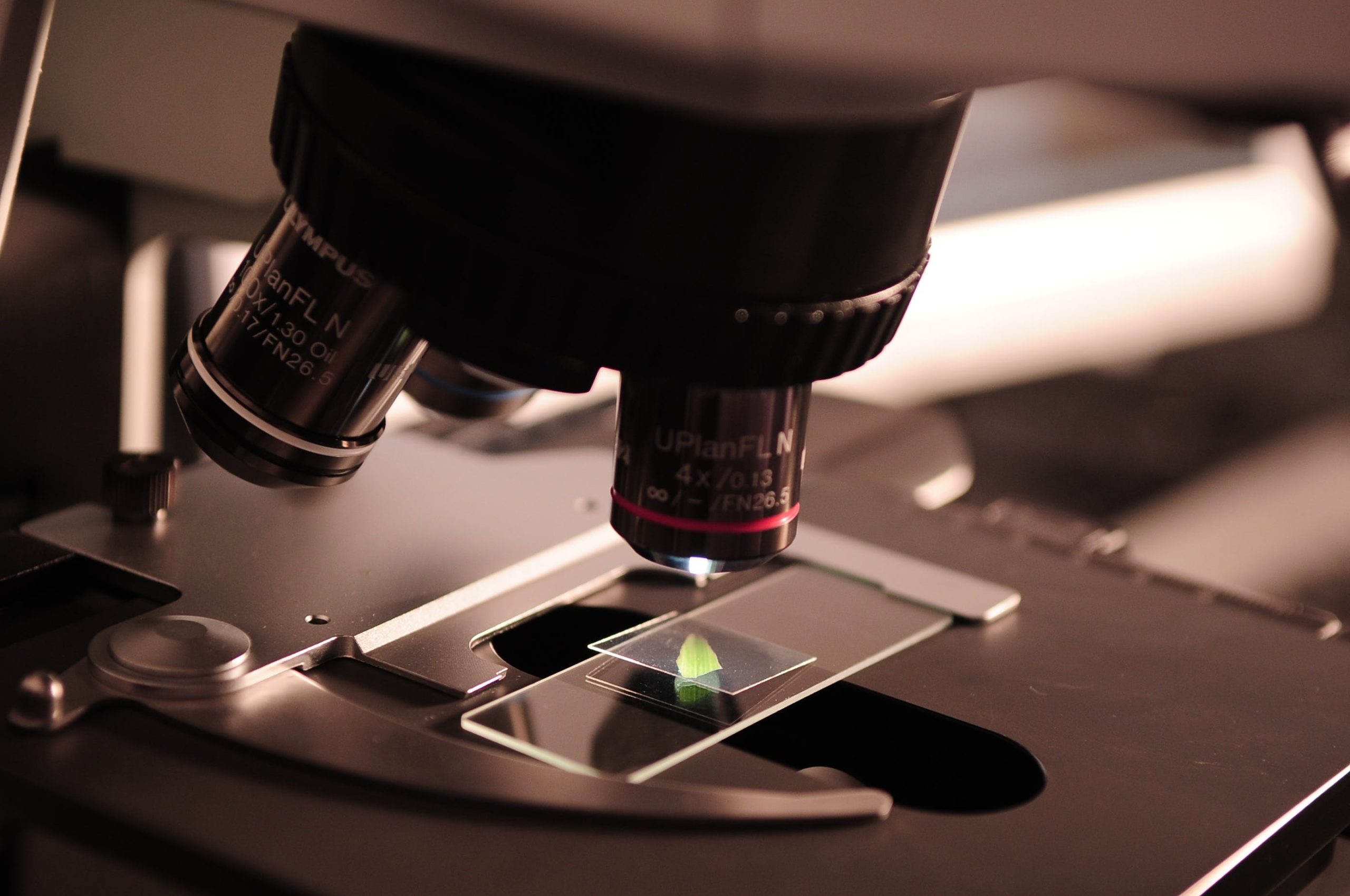
If your career journey has you looking at the prospect of working in the sciences, then it’s important to consider the many different career paths that can take you down. If you have a strong science background and a great organizational mind, then you might be able to help the most working in a lab, and even becoming a lab manager. Here are a few of the responsibilities you can expect to come with such a career.
Documenting the lab

One of the most important duties of the lab manager is to make sure that everything in the lab is operating as smoothly as possible, and working within expectations. A large part of this is documenting every aspect of the lab work, from the methods to the results of the tests being done, as well as carrying out a quality management program the entire way through. A science background is often necessary as a lab manager will also be expected to support laboratory operations directly, but lab managers also work in the medical field, where some medical education may be recommended.
Managing and scheduling staff

The average lab is run by a team of staff members, and though these may be highly competent scientific professionals, they are still people and are still prone to inefficiencies and labor issues as much as anyone else. As such, aside from ensuring industry standards, lab managers have to schedule their staff with tools like Optima.life, ensure that any problems with the team are resolved, mentor their team, and carry out disciplinary measures when appropriate. Although the work itself is scientific, the necessity for someone to manage the workers doing it is very important, regardless of what that work is.
Keeping the lab supplied

Labs run on a range of specialist supplies that have to be kept available to ensure that there are no bottlenecks in testing or research. Aside from the basic lab equipment and the essentials that you run through in the course of your work, you also have to consider the more specialized supplies, such as samples like those from Science.bio that aren’t as easy to find anywhere and everywhere. Finding the right supplier and keeping on top of what the lab needs is vital for keeping it ticking.
Ensuring lab safety

With the equipment and resources accessible, there is a greater risk for potential harm in a laboratory setting than in many other workplaces. One of the big responsibilities of the average lab manager is to make sure that lab safety precautions are followed as best as possible. This includes things like ensuring anyone who handles particular materials or equipment is trained to do so, that the right personal protective equipment is provided and worn when necessary, and that workspaces are kept clean and orderly to prevent accidents in the future.
Those who manage or in any way organize a lab have a lot of responsibilities to take care of, but they can also play one of the most important roles in any research team. Think about whether this career sounds right for your science-minded self.

Stanley
Popular posts on Bag of Cents:
Leave a Reply